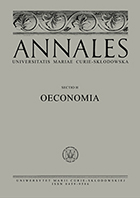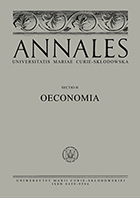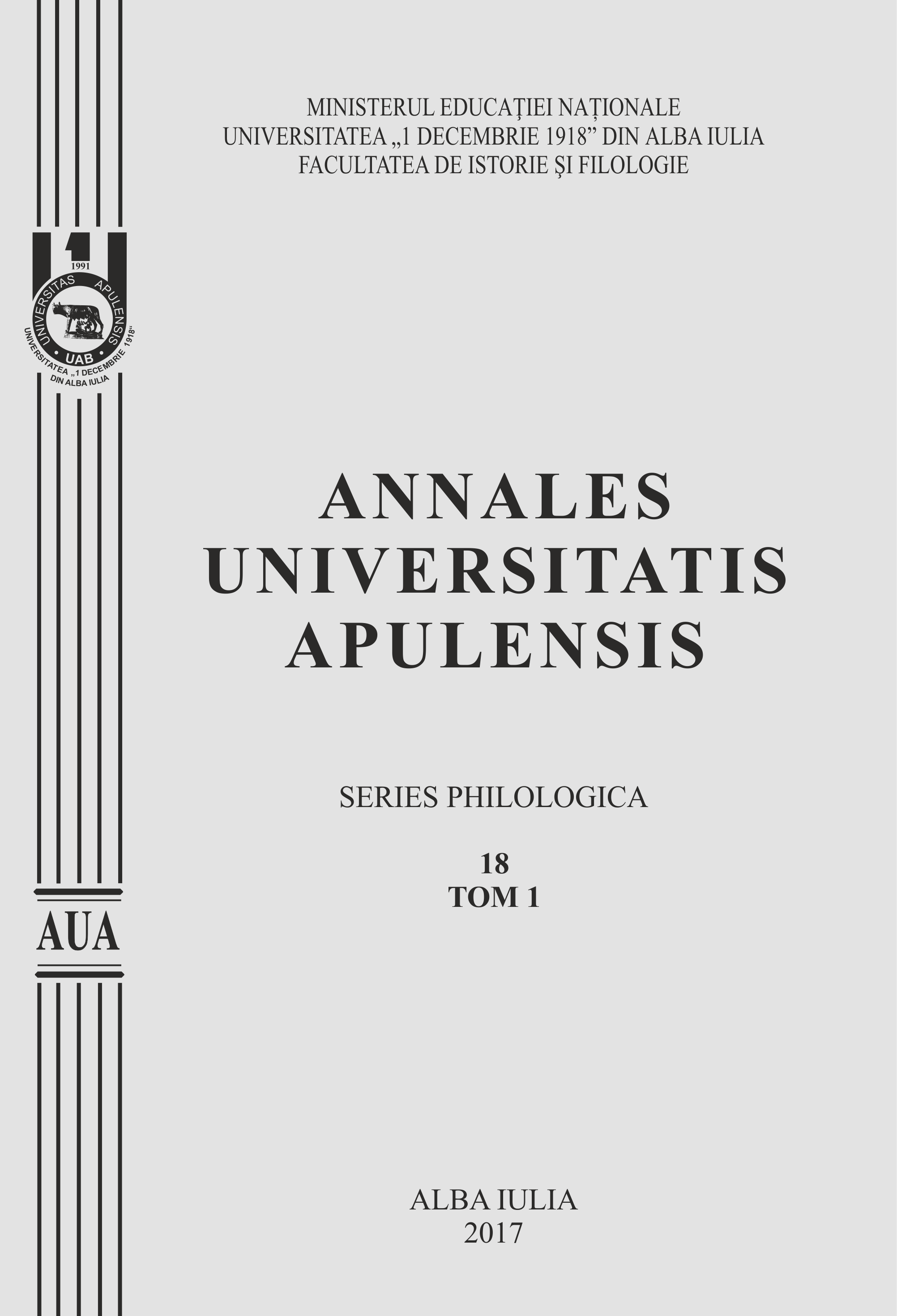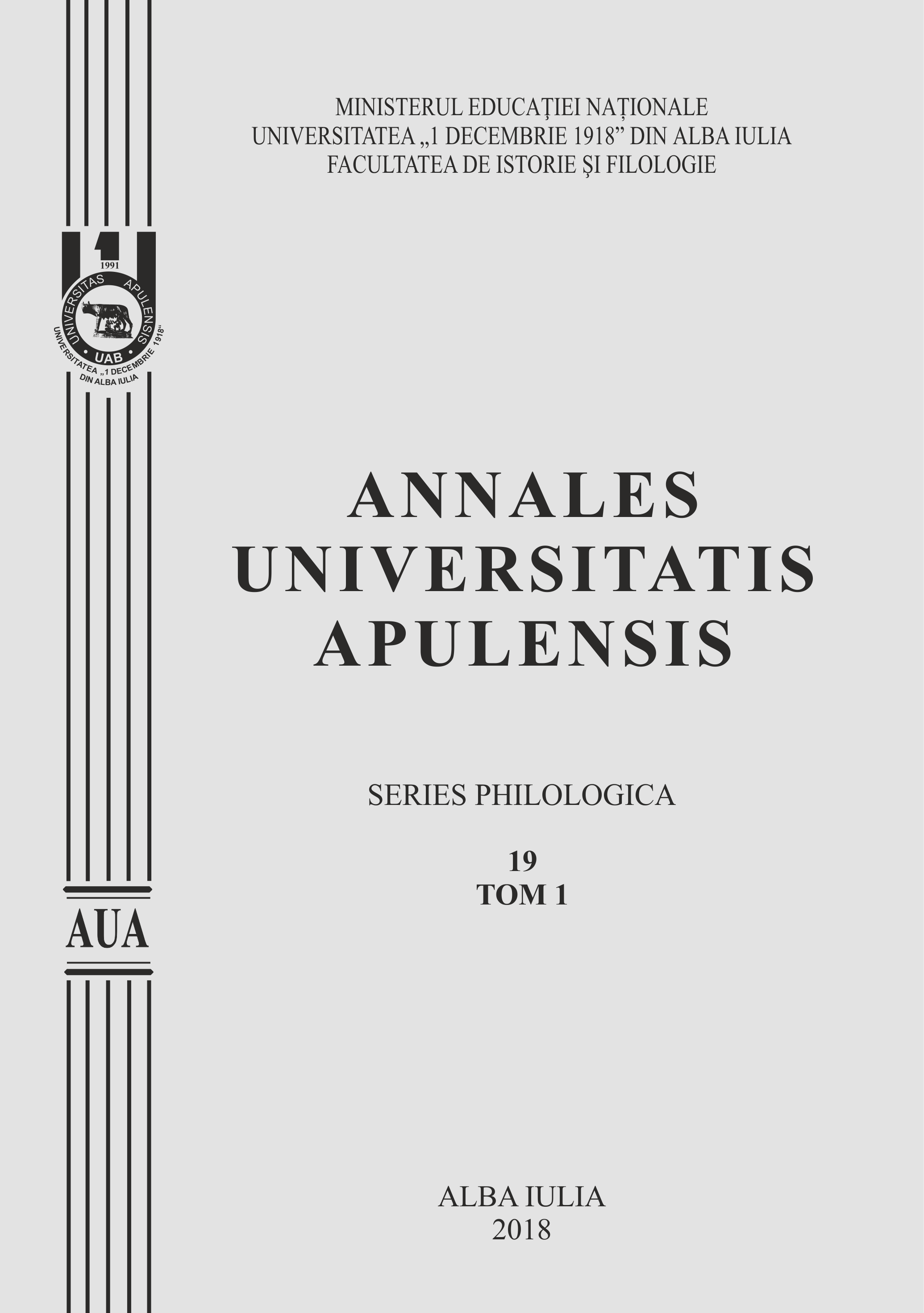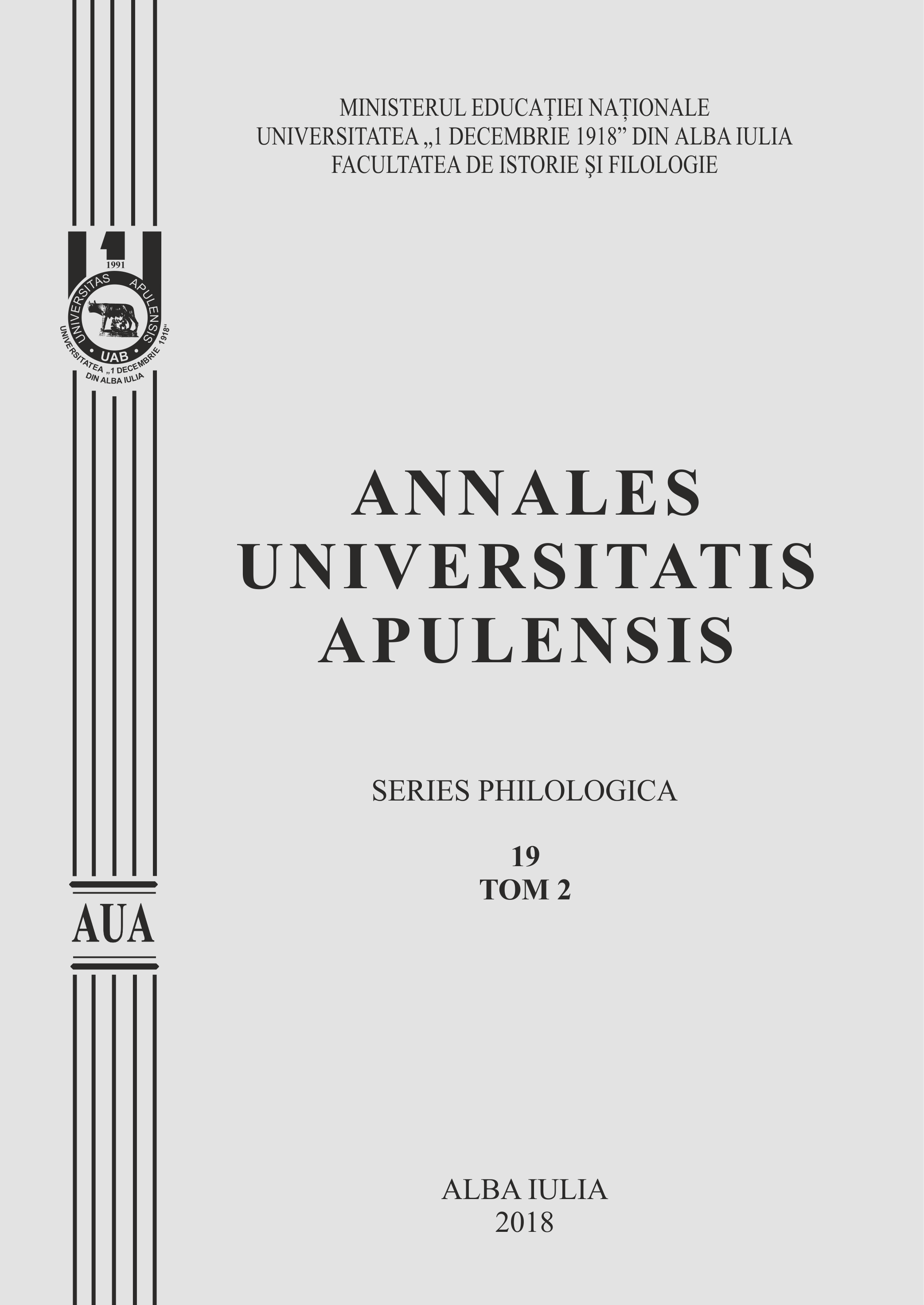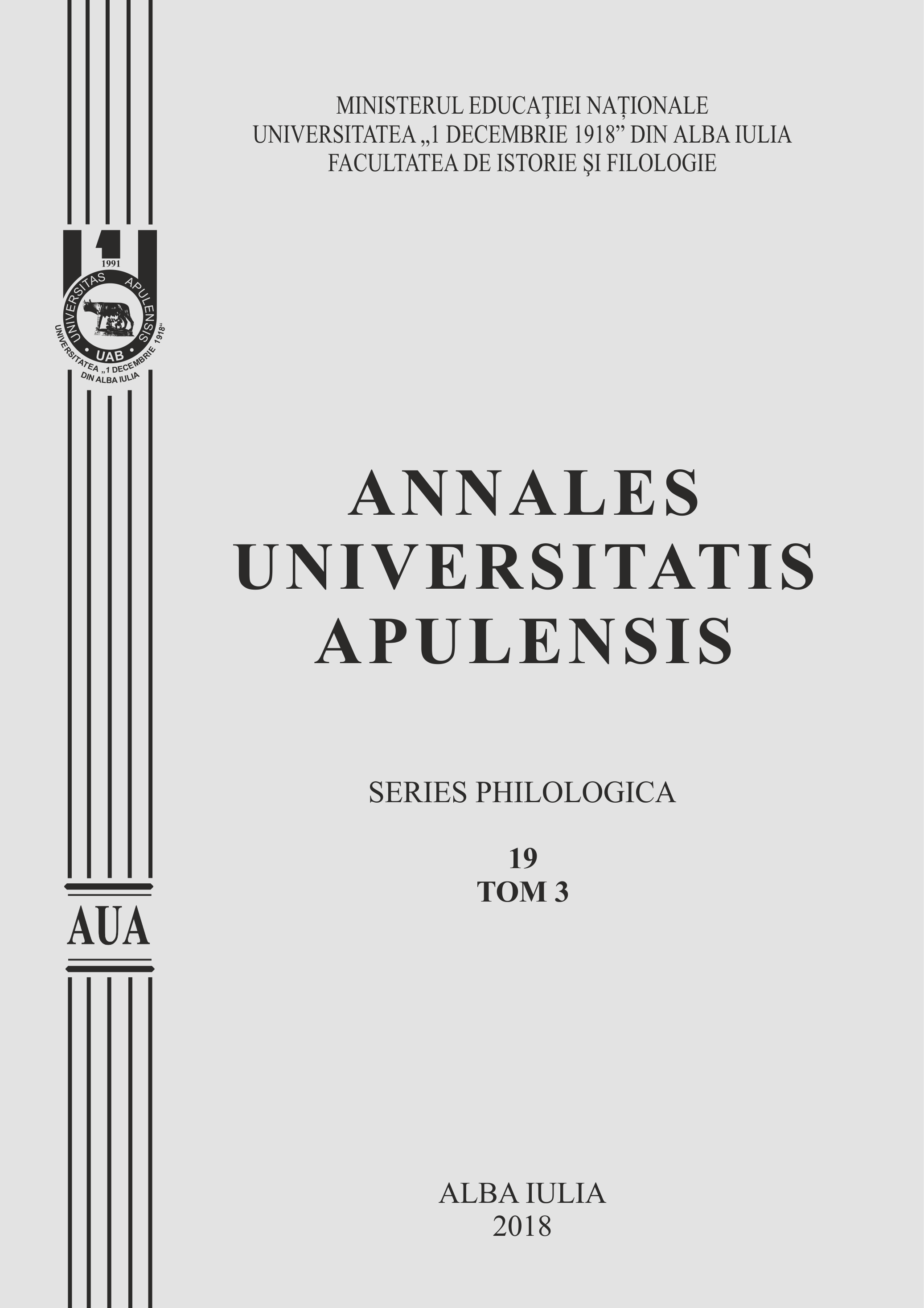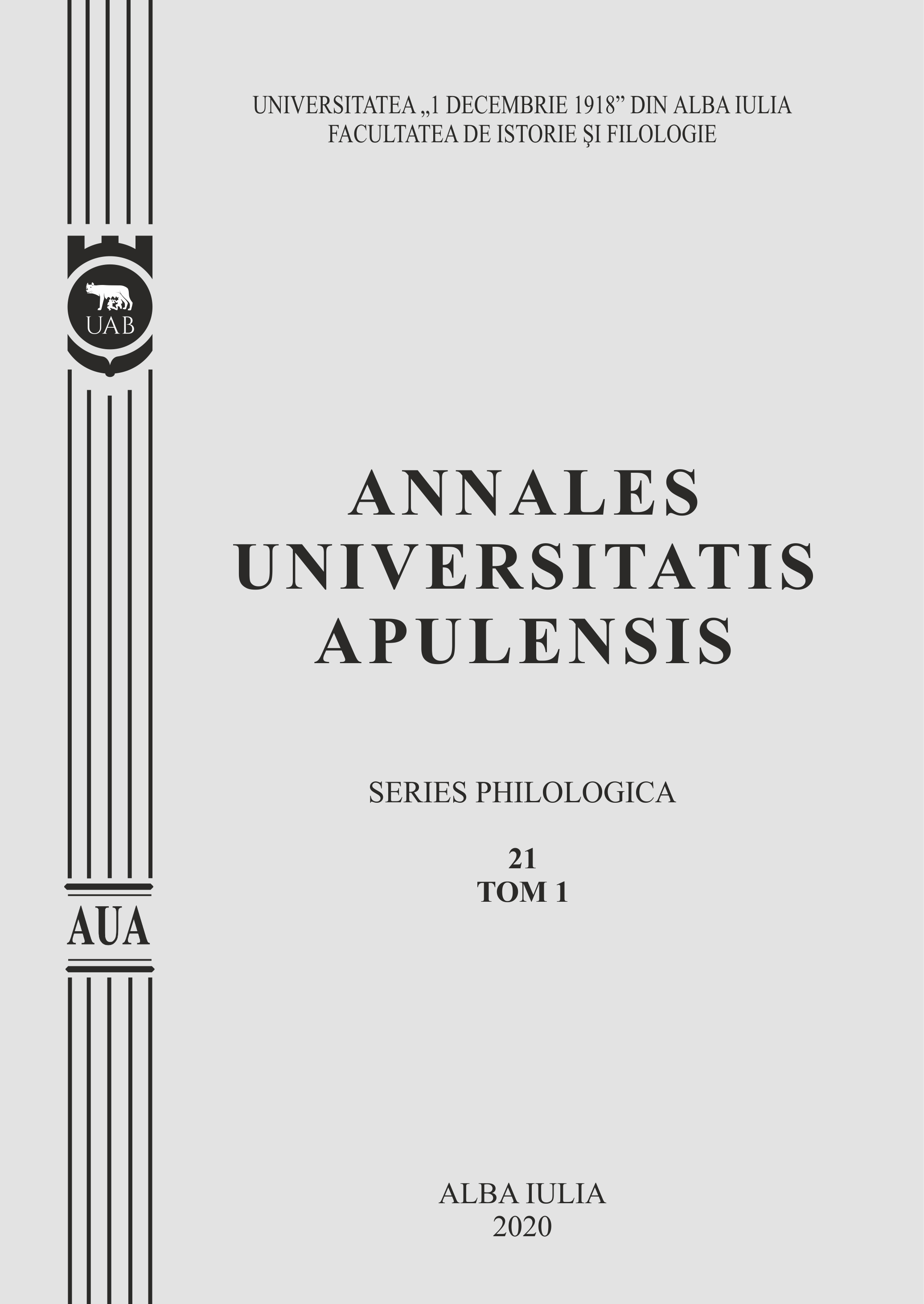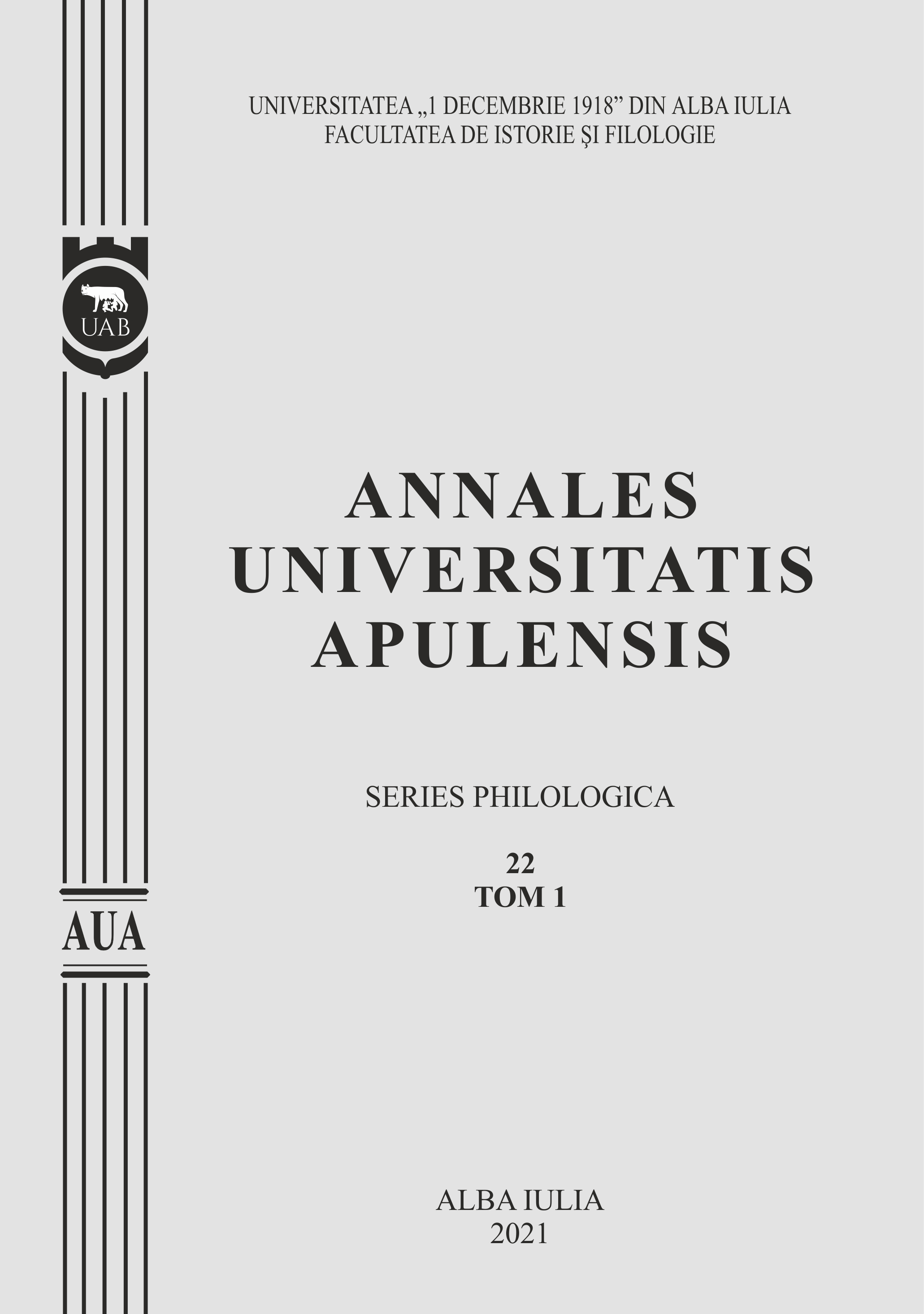Language and communication – useful tools of our society
Language and communication – useful tools of our society
Keywords: language; communication; speech; universal language; specialized language
The relation between language, communication and the members of a society and our ability to transform them into powerful tools are two subjects that will be discussed in this paper. My paper is divided into three distinctive but closely connected parts: the first part presents: language, the second part: communication and the third part presents the relation between language, communication and other fields of our society. The first two parts are theoretical ones presenting definitions, theories, and functions related to language and communication while the third part is a more practical one. Here I chose several subjects to analyze. The first subject deals with the close connection between language, communication and the physical aspects of speech, human personality, fields like psychology, philosophy, education, economy, medicine, or more abstract notions such as thinking.The second subject discussed here refers to the difference between the two meanings of the term language: speech and tongue. The third subject discusses the existence of a universal language from the perspective of the past and present. The past will be represented by the Tower of Babilon while the present by the dominance of English at world level. Can we say that English is the modern universal language? Which is the role of globalization in this matter?
More...
